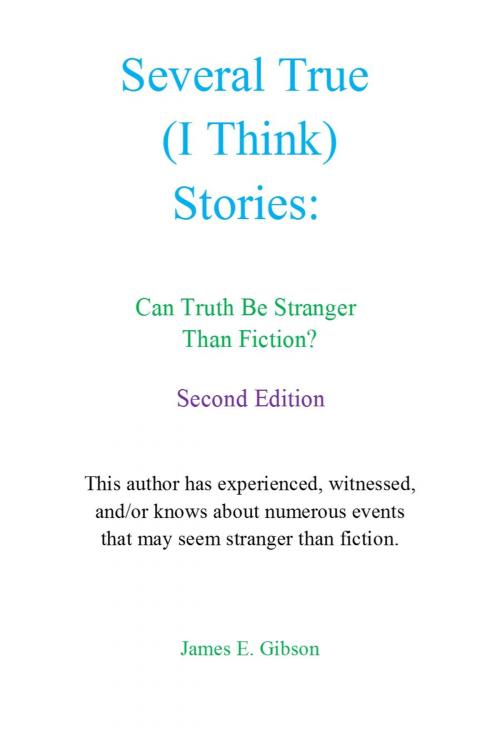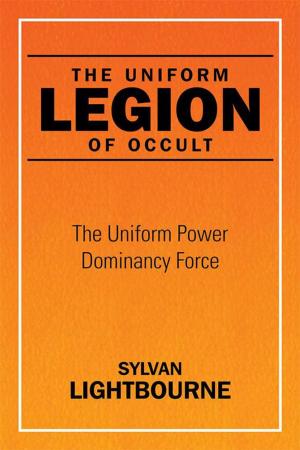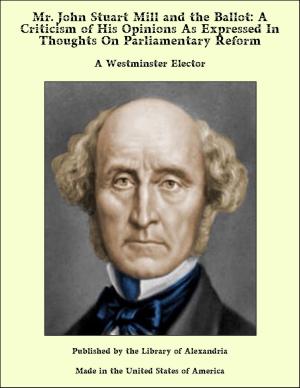Several True (I Think) Stories
Can Truth Be Stranger Than Fiction? (Second Edition)
Nonfiction, Religion & Spirituality, Occult, UFOs & Unexplained Phenomena, New Age| Author: | James E. Gibson | ISBN: | 9780991541690 |
| Publisher: | James E. Gibson, Freelance Writer | Publication: | April 23, 2017 |
| Imprint: | Language: | English |
| Author: | James E. Gibson |
| ISBN: | 9780991541690 |
| Publisher: | James E. Gibson, Freelance Writer |
| Publication: | April 23, 2017 |
| Imprint: | |
| Language: | English |
Several True (I Think) Stories: Can Truth Be Stranger Than Fiction? discusses numerous unusual events. The majority of them were personally experienced or witnessed by the author.
The second edition contains numerous small changes/corrections.
The incidents described include in no particular order:
- eyes apparently heating a wedding ring and burning someone’s finger,
- a “miraculous” healing,
- a summer snowstorm in southeastern Kentucky,
- two objects being elevated by unknown forces,
- meeting former CBS news anchor Walter Cronkite in an unusual way,
- some strange “coincidences,”
- and several other stories.
The book contains 52 chapters, in addition to the Introduction. Most chapters are very short. The print book only contains 99 pages from the Introduction through the Conclusion/Summary chapter. Over 50 stories are covered in those 99 pages. The print book is 110 pages from the Title Page through a blank page at the end of the book.
Readers may find some of the stories unbelievable, but the author sought to be truthful in his descriptions of the events. The author feels that hyperbole is a fancy word for lying and usually needs to be avoided when writing nonfiction.
The book ends with a brief Conclusion/Summary chapter.
Several True (I Think) Stories: Can Truth Be Stranger Than Fiction? discusses numerous unusual events. The majority of them were personally experienced or witnessed by the author.
The second edition contains numerous small changes/corrections.
The incidents described include in no particular order:
- eyes apparently heating a wedding ring and burning someone’s finger,
- a “miraculous” healing,
- a summer snowstorm in southeastern Kentucky,
- two objects being elevated by unknown forces,
- meeting former CBS news anchor Walter Cronkite in an unusual way,
- some strange “coincidences,”
- and several other stories.
The book contains 52 chapters, in addition to the Introduction. Most chapters are very short. The print book only contains 99 pages from the Introduction through the Conclusion/Summary chapter. Over 50 stories are covered in those 99 pages. The print book is 110 pages from the Title Page through a blank page at the end of the book.
Readers may find some of the stories unbelievable, but the author sought to be truthful in his descriptions of the events. The author feels that hyperbole is a fancy word for lying and usually needs to be avoided when writing nonfiction.
The book ends with a brief Conclusion/Summary chapter.















